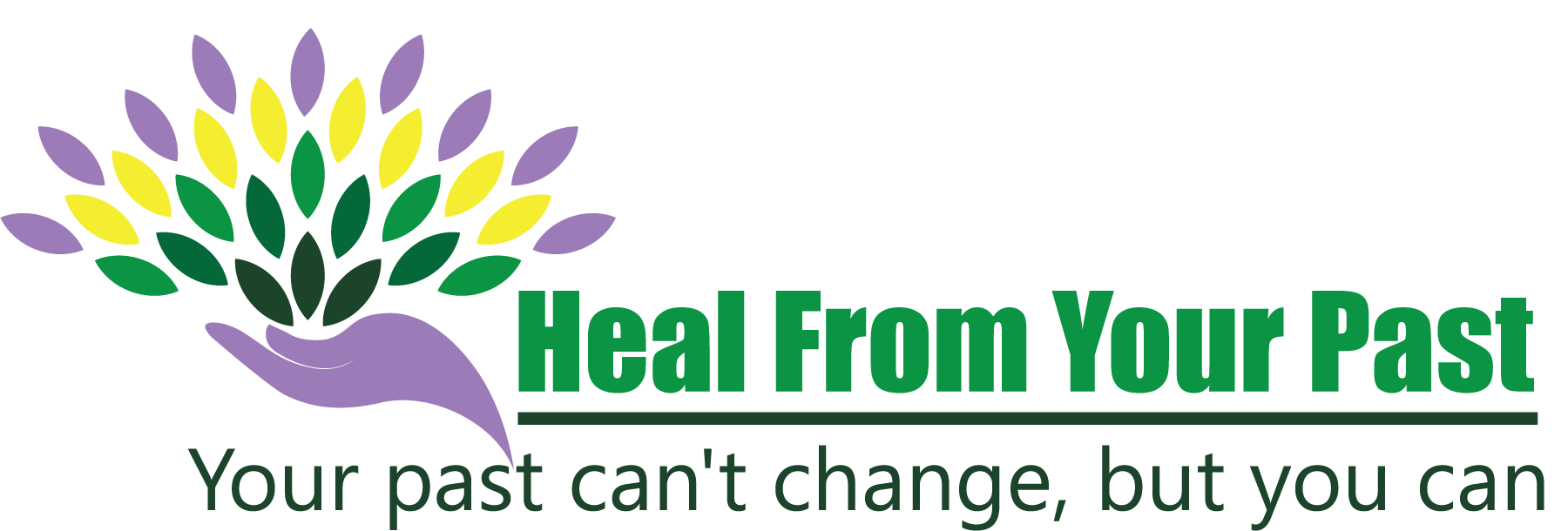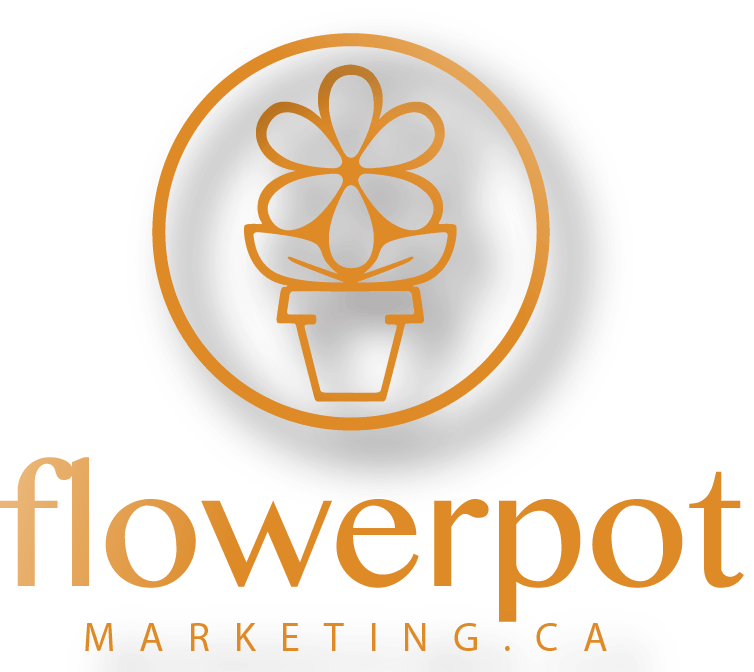Myth: if you eat well, you don’t need a supplement
Yes, you read that correctly.
I’d say that 99% of the time I agree wholeheartedly with the nutritional advice promoted by Dietitians of Canada, but once in a while, and in particular where it comes to supplementation, I’m afraid I have to dissent.
Today I’ll discuss two specific issues regarding the need for supplements, one involving vitamin D in specific, and then multivitamins in general.
First vitamin D. Vitamin D has been a hot topic in the news lately, and for good reason. Countless studies are currently linking low vitamin D levels to autoimmune disorders such as multiple sclerosis, Crohn’s disease, and type 1 diabetes; and also to Parkinson’s disease, several types of cancers, depression, and a host of other illnesses.
Some foods have naturally occurring Vitamin D, specifically fish, liver and egg yolks. Other sources include fortified foods, such as milk and margarine. So really, not too many dietary sources exist. Our bodies are designed to make vitamin D ourselves when our skin is exposed to UV from sunlight. Unfortunately, here in Canada, from October to March the sun’s rays are so weak that the UV index all winter is zero. That means that nobody in Canada is making any Vitamin D for six months of the year. All winter long we’re just using up any extra vitamin D that we stored up during the summer. Wore sunscreen all summer? Or have dark skin? (natural sunscreen) Then you weren’t making very much then, either.
One large study at the University of Kansas found that 70% of patients were deficient in Vitamin D. That’s in Kansas…given our latitude, one can’t expect Canadians to be any better.
So what is Health Canada’s response? Well, they’ve upped their recommended daily intake levels a little bit for everyone. Where it used to be 400IU a day for adults, it is now 600IU. Are they recommending additional fortified foods? No. Are they suggesting everyone take a supplement. No…just a few select groups. And Dietitians of Canada followed suit. Very cautious, but in this case, I believe too much so.
Thankfully, health professionals are, individually, moving forward on this. All the doctors I know (and I know a lot!) are recommending supplementation of 1000-2000IU for everyone daily. I’m glad someone is.
And now multivitamins in general. I’ll have to admit that until a few months ago, I strongly believed, as most dietitians do, that as long as you were eating a healthy diet, and there weren’t any extenuating circumstances, you should be able to get all the nutrition you need from food. You shouldn’t have any need to supplement. That was until my husband and I were introduced to a really good multivitamin. (There’s a story as to why I even bothered to try a multivitamin in the first place, but the post is already getting long…it will wait for another day.) In a matter of days, I felt my energy level improve. I didn’t even realize that I had any problem with energy until it got better. I was no longer groggy when I woke up in the morning. I no longer felt sleepy on my drive home from work. For my husband, the changes were far more dramatic…he went from being a regular napper to someone who no longer naps at all.
Now I’m convinced that everyone needs a multivitamin. A good one. Why? Because I have a very good diet. I have the diet that I have always taught my clients to eat so they would not need a supplement. I’m a vegetarian. I typically eat 7-10 servings of fruits and vegetables daily. Mostly whole grains. Minimal sweets and fatty foods. I don’t expect many people to eat as well or better than me. But if I found that I feel better on a supplement, then that means that I was sub-optimal without it. So realistically, who eats the optimal diet? My guess is no one.
In fact, I’m no longer convinced that we can eat the “optimal” diet anymore. Maybe we could 50 years ago, but things have changed. Cheap farming practices means soil quality is not as good as it once was; if the nutrients aren’t in the soil to begin with, then they won’t be in our food, and they won’t be in us. There is more pollution; more toxins in the air mean more work for our bodies to fight them off, and a greater need for vitamins and other anti-oxidants. Whatever the reason, a balanced diet alone just isn’t cutting it. We need to supplement. It’s important and you’ll feel so much better for it.
The supplement market is a minefield…next week I’ll post on how to choose a good one.

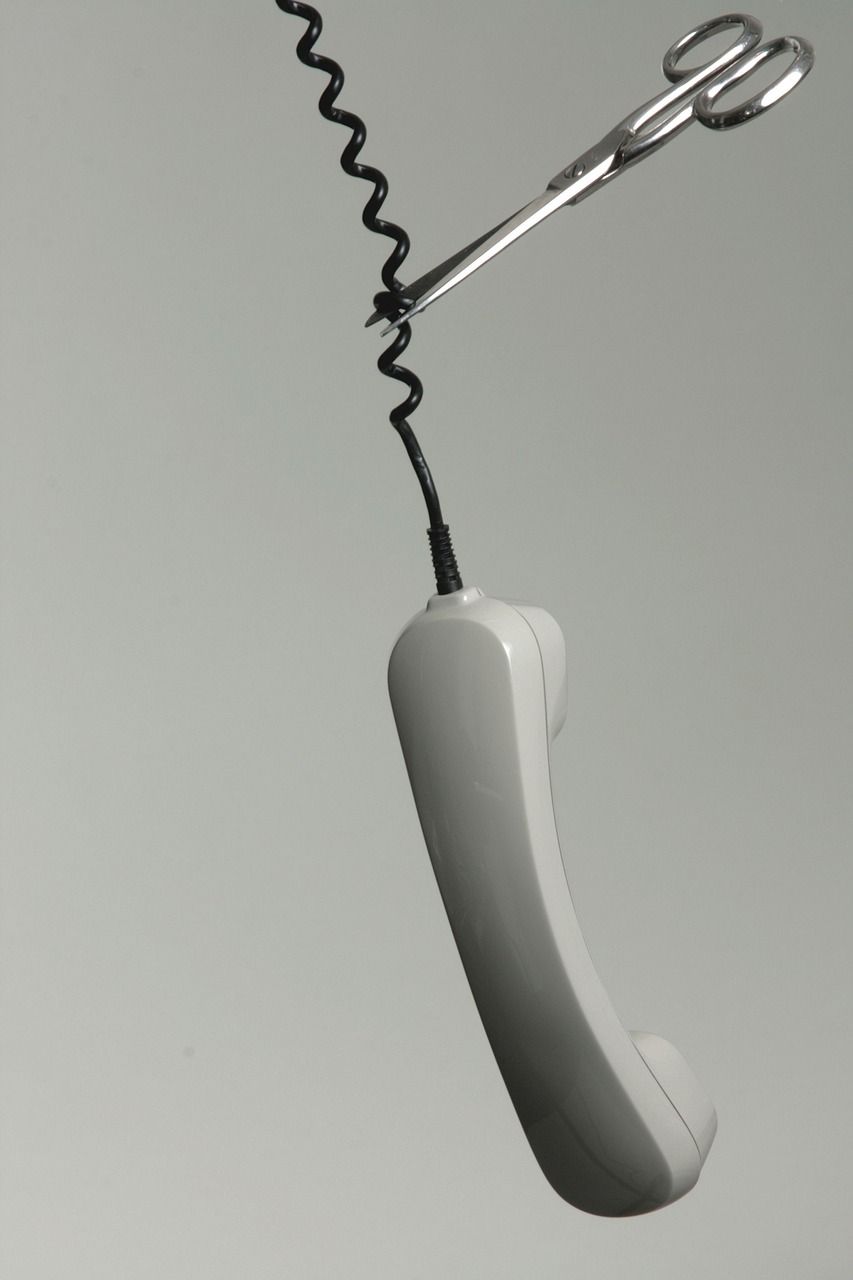

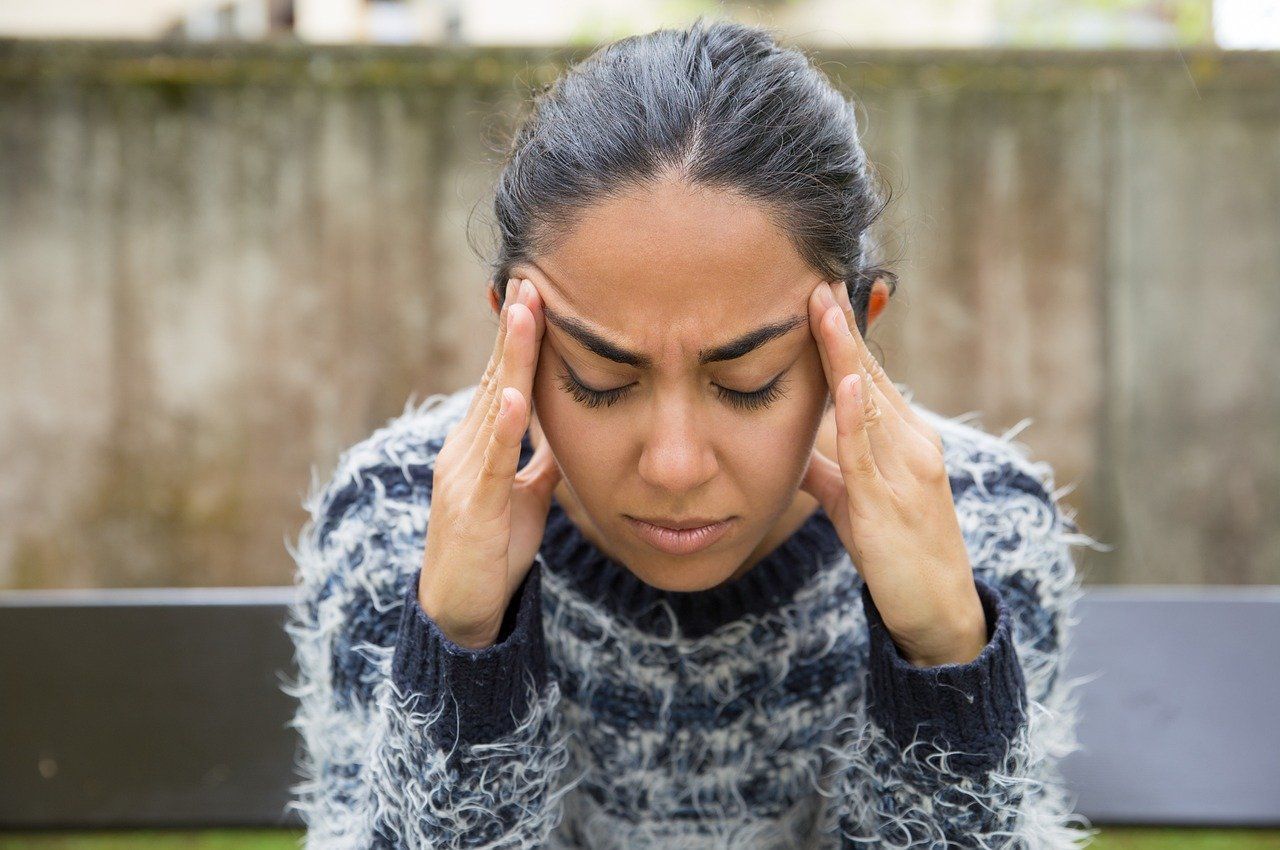
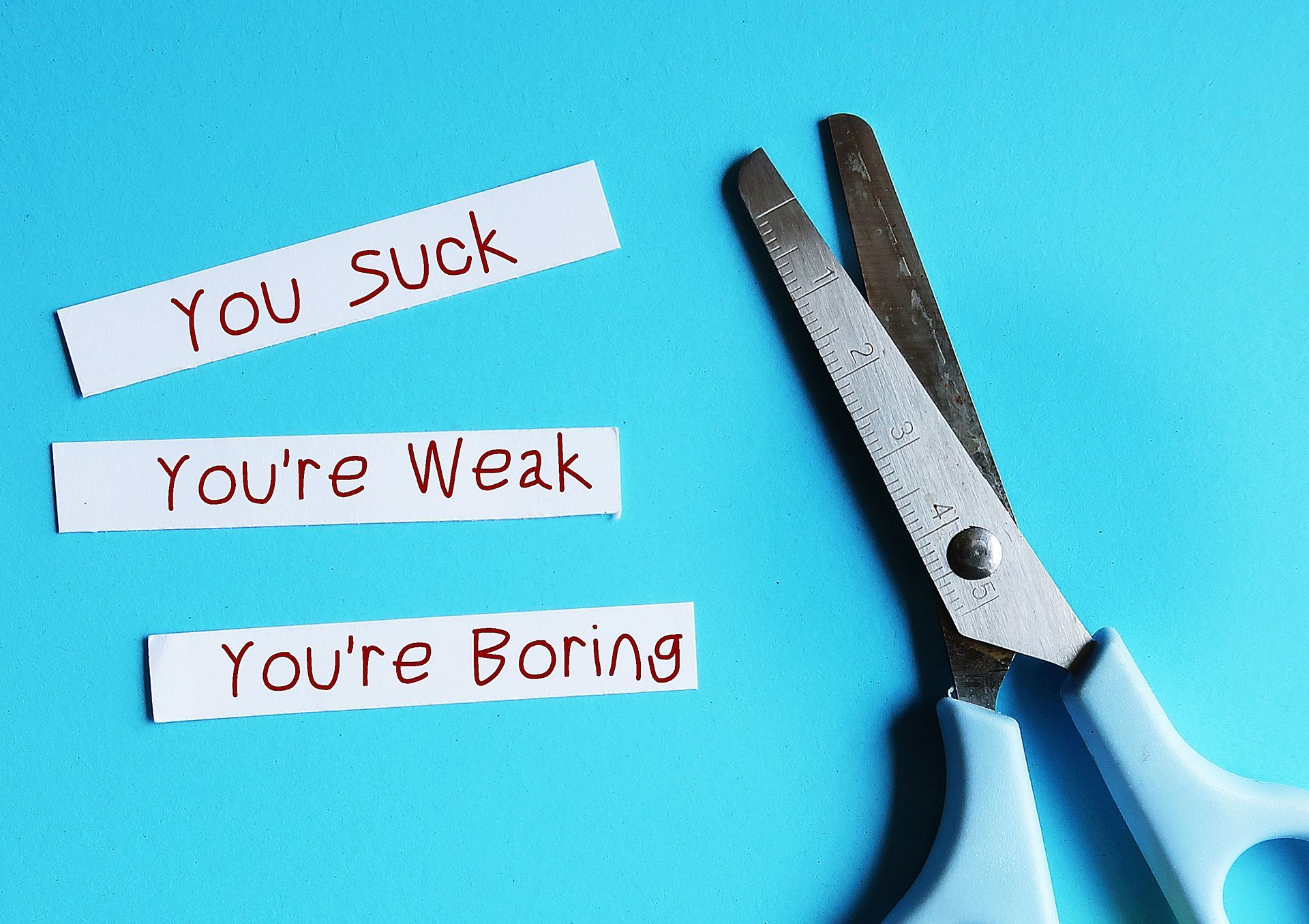

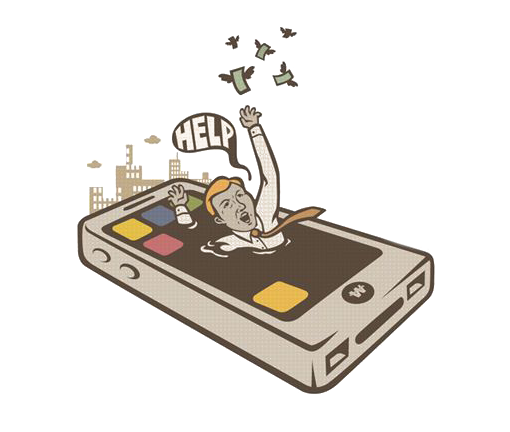
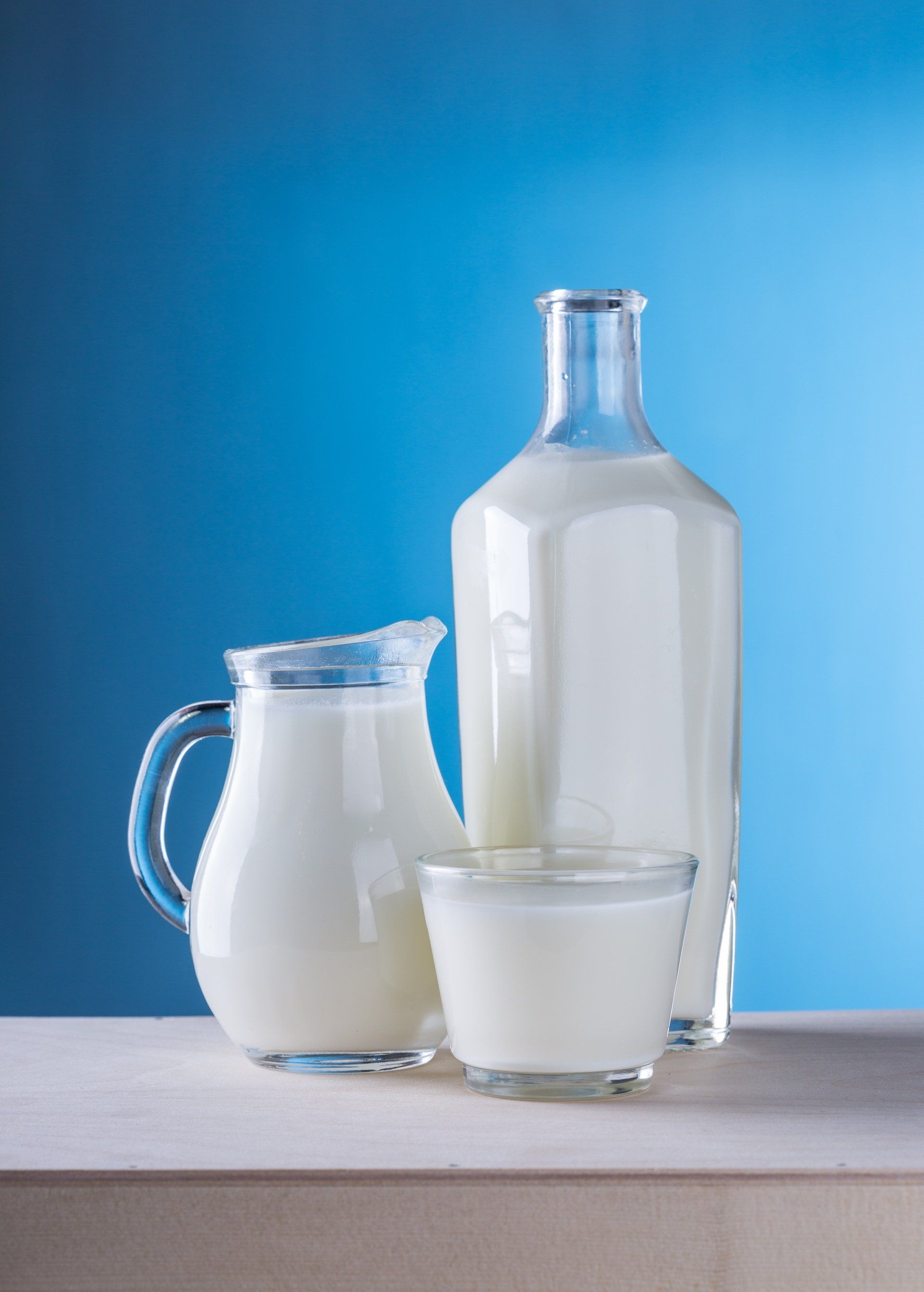
Winner of "Best Alternative Medicine/Healing" in 2020
Follow me
Follow Us
Disclaimer: I do not diagnose, prescribe, treat, cure, or heal any physical, mental, or emotional illness(es). I am NOT a licensed Psychologist, Psychotherapist, Psychiatrist, Mental Health Counsellor or Medical Doctor and ALWAYS recommend that clients seek appropriate medical and/or professional help at all times. Any energy healing sessions are an aid to general wellness and are not a substitute for medical treatments or medications. In purchasing any service listed on this web site, purchaser (client) agrees that the service, whether purchased for self or received as a gift, is subject to client’s own interpretation. All information obtained through any service offered on this web site is not intended to constitute professional legal, medical, or financial advice. Actions taken by any client based on any part of the service(s) received are the full and complete responsibility of aforementioned client. Any information provided during these services or any other statements made during same shall be considered confidential and shall not be disclosed except as required by law.
All Rights Reserved | Heal From Your Past
Built With Love By The Awesome People at Flowerpot Marketing
